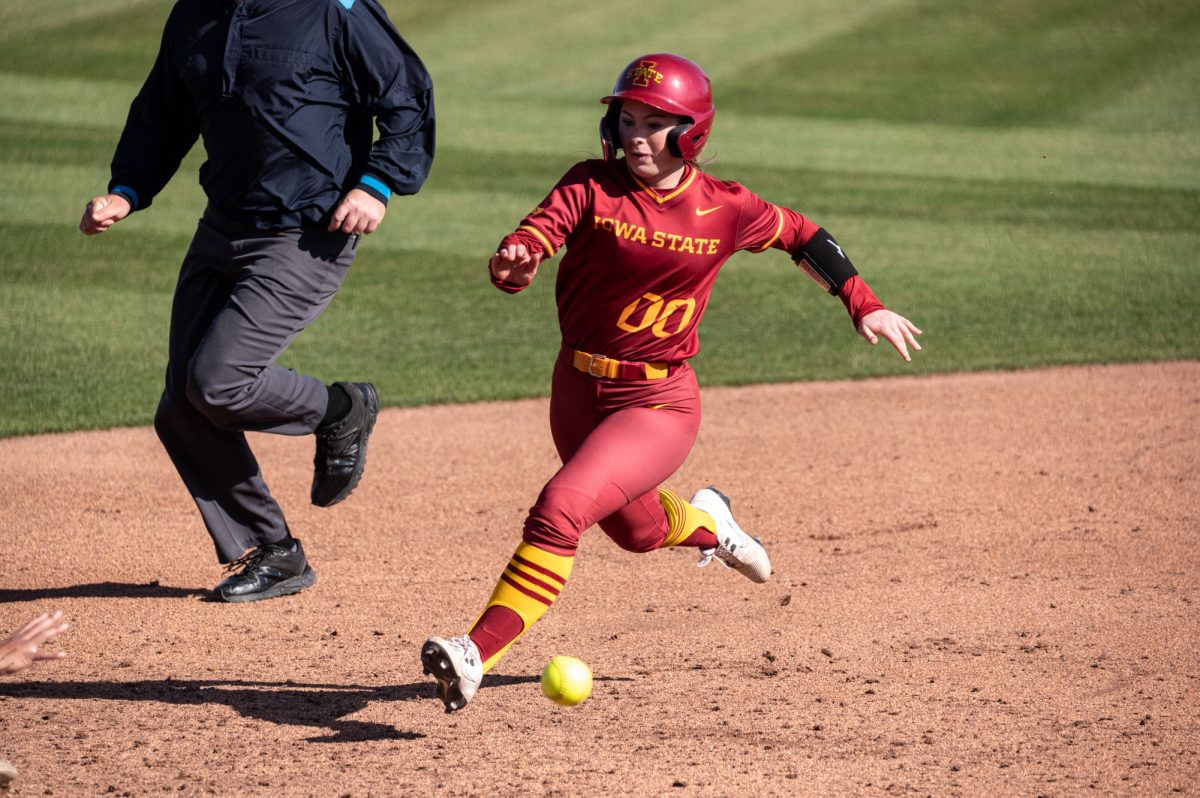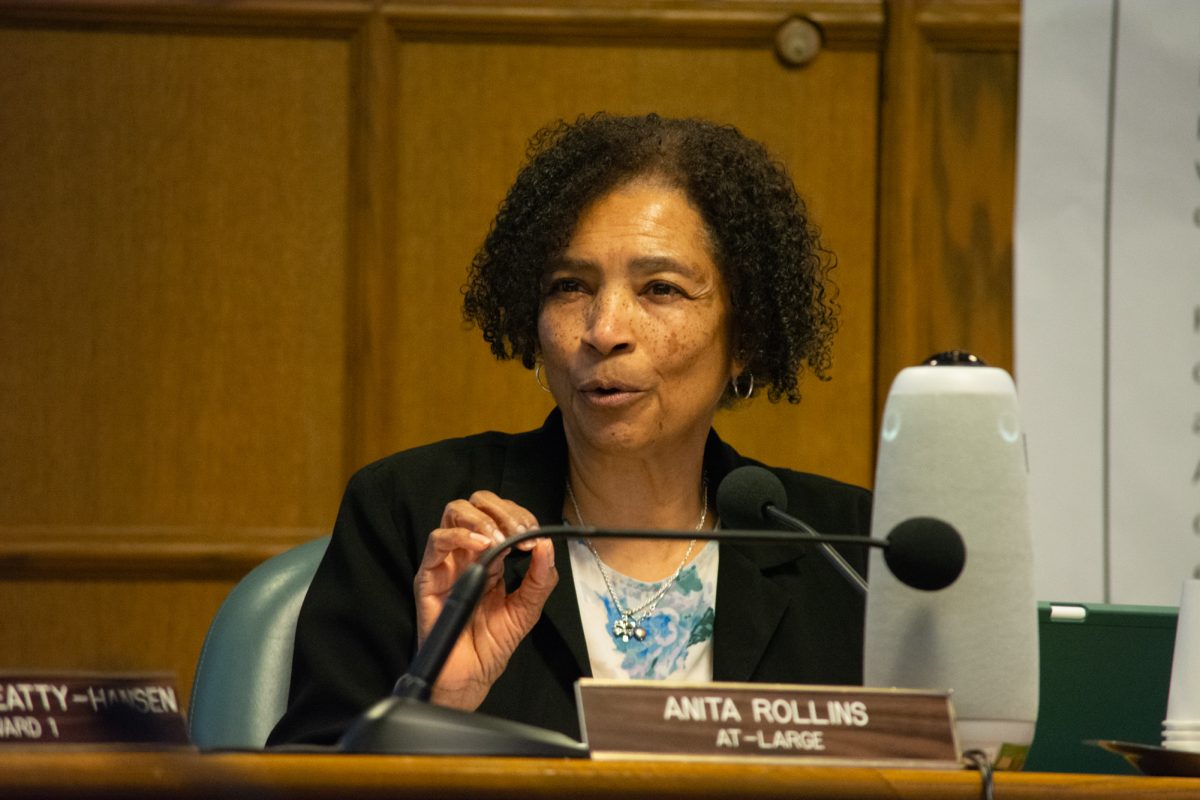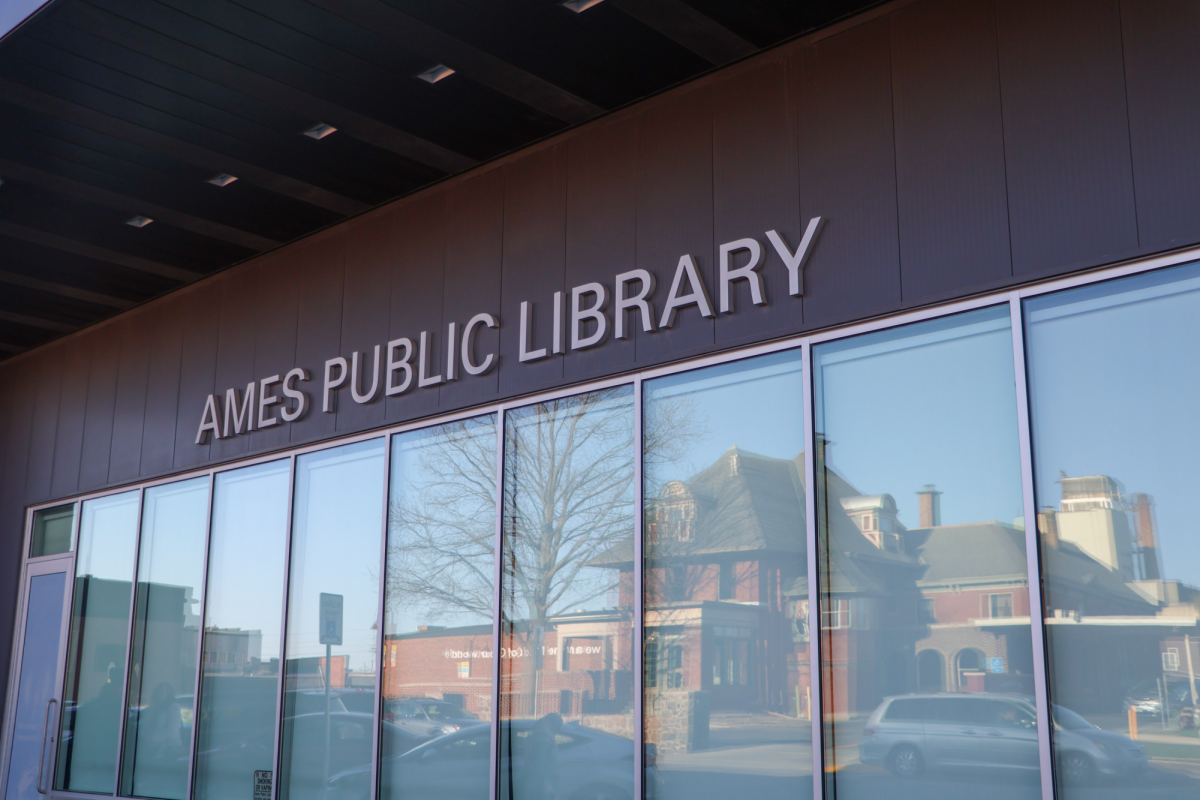The Focus grant allows an opportunity for students to express their artistic ambitions
September 23, 2021
Focus, a campus organization, offers up to a $600 grant for students who want to seriously explore their creative side.
The Focus: Artist Grant Program is open to students of any major who are interested in sharing their art with the community. This includes artists, performers, writers and musicians.
The grant would allow students to explore their creative side outside of class and could bolster their portfolio for the professional world. For those who are not pursuing the arts after college, it can serve as an opportunity for students to learn how grants work and are administered.
The Focus grant, however, cannot be used to fund personal projects and the projects made cannot be used for course credit. But Letitia Kenemer, the Memorial Union fine arts coordinator and head of the committee in charge of the Focus grant, believes this is an important opportunity for those who are looking into the arts professionally.
“It can seem intimidating to apply for a grant, or to have this whole proposal together, and it is, and it’s work, but nobody has ever said, ‘I never should have done it,’” Kenemer said.
Currently, there are 13 students working on eight projects who have just recently met with their advisers to update the committee on their progress.
Bi-annually, students are asked to submit their project proposals alongside a recommendation from a faculty member — who would also act as their adviser — to a committee of advisers, faculty and students.
Each application must include a cover sheet, project narrative and budget which will determine the likelihood of their project being approved and how much money will be appropriated.
The first deadline for applicants this year was April 1 and the second deadline for applicants is on Oct. 1.
When an application is submitted with a recommendation letter from faculty, it is then passed or declined by the Focus Committee based on how novel the ideas of the project are trying to explore and whether or not the project is imaginative and well-planned.
If passed, students will be permitted to use a pay card for up to $600 depending on the project in question. Recipients of the grant must also attend hearings throughout the year and submit progress reports with their advisers or their funds could be revoked and students would have to pay back the funds they used.
Despite the fee, Kenemer said, “Even if it was really difficult work, or it didn’t turn out how they wanted, [students] have always said, ‘I’m glad to have done that.’”
Expressing her excitement on the grant and students’ projects, Kenemer is eager to see what students have to offer.
Applications for the grant can be found on the Student Engagement website. The first round of applications are due Oct. 1.






